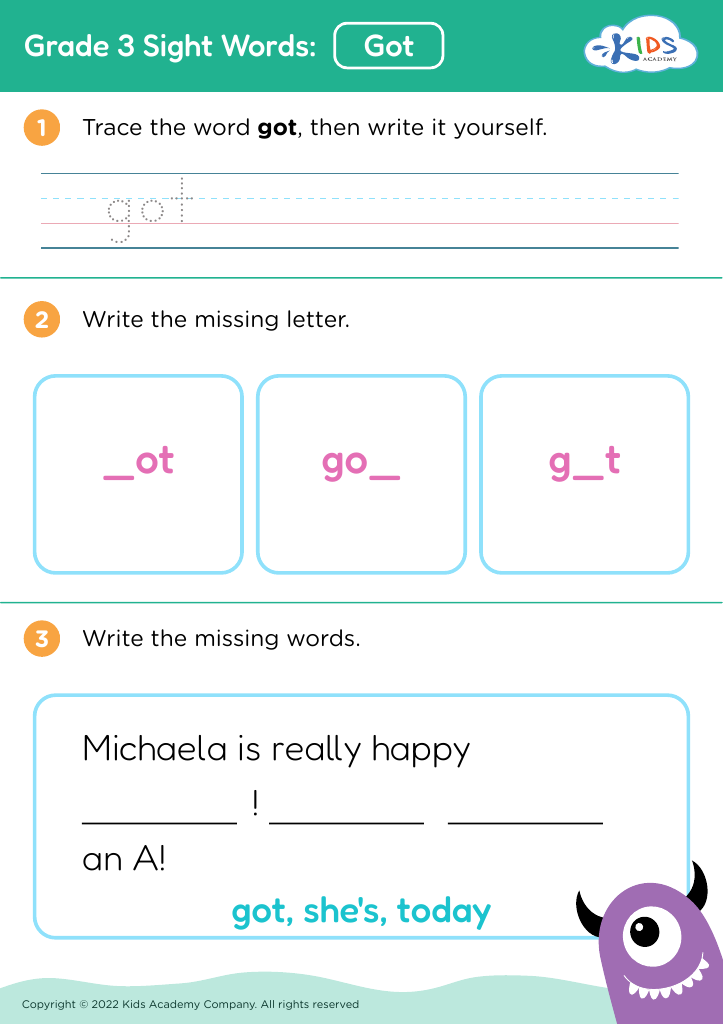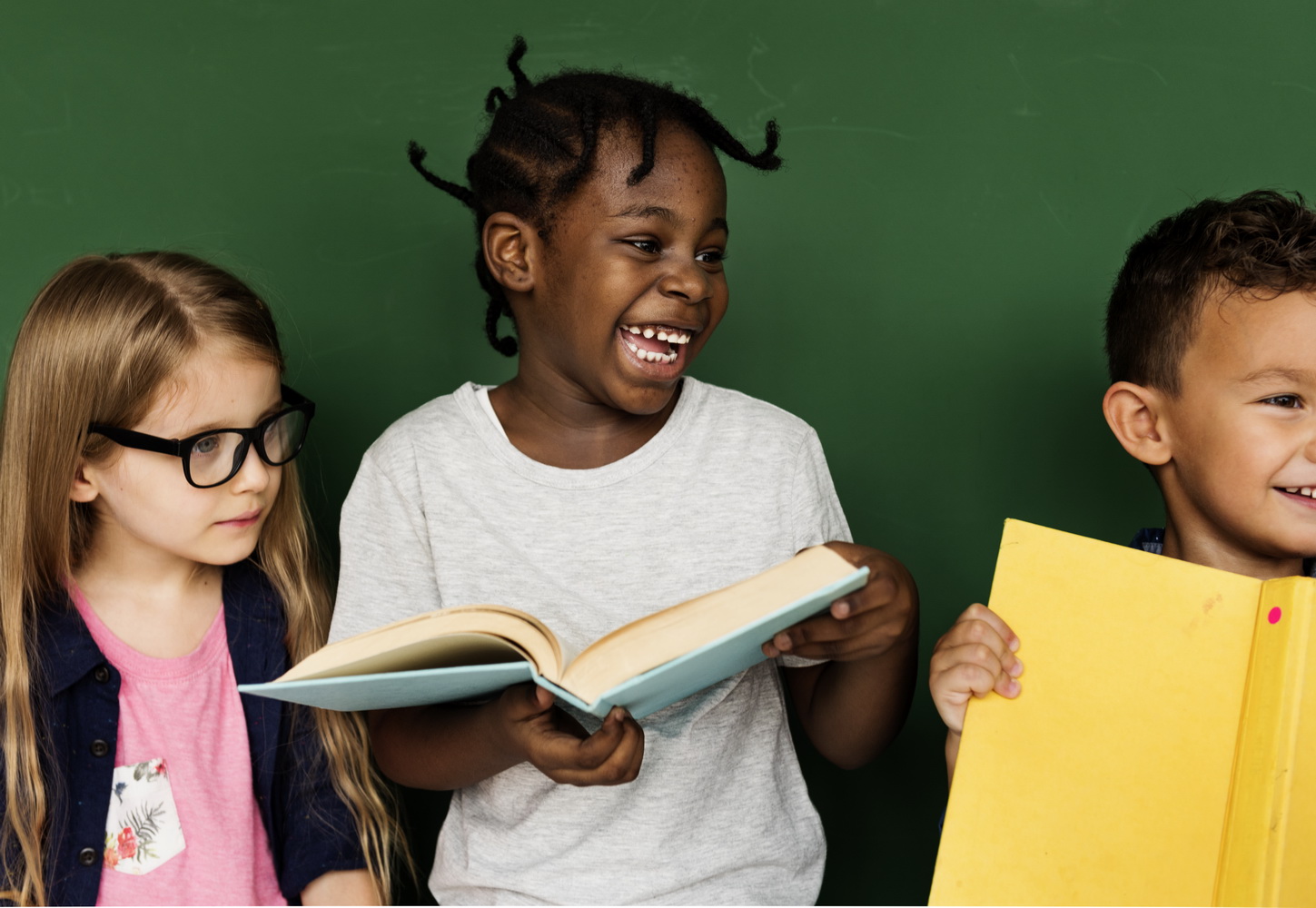Understanding fractions Building Vocabulary Worksheets for 9-Year-Olds
11 filtered results
-
From - To
Explore our "Understanding Fractions Building Vocabulary Worksheets" designed specifically for 9-year-olds! These engaging resources blend math and language skills, helping students grasp fraction concepts while enhancing their vocabulary. Each worksheet features clear explanations, interactive exercises, and real-world applications, making learning fun and relatable. Kids will practice identifying fractions, comparing values, and mastering related terms, all while building confidence in their communication skills. Perfect for classroom use or at-home practice, our worksheets support differentiated learning, catering to varied skill levels. Help your child navigate the world of fractions and enrich their vocabulary today! Start their journey toward mathematical literacy now!
Understanding fractions and building vocabulary are crucial for 9-year-olds as they lay the foundation for future learning in mathematics and language arts. At this age, children are developing cognitive skills that allow them to grasp more complex concepts, making it an ideal time to introduce fractions. Mastery of fractions fosters critical thinking and problem-solving abilities, vital skills for academic success.
Additionally, building vocabulary enhances a child’s communication skills, which are essential in all learning areas. A robust vocabulary improves reading comprehension, allowing children to interpret instructions and narrative content more effectively. Parents and teachers can integrate lessons on fractions with vocabulary enrichment by introducing terms like numerator, denominator, equivalent, and proper fractions, facilitating both mathematical and linguistic growth.
Moreover, as children engage with diverse subjects, they begin to see connections between math and language, enhancing their overall learning experience. This interconnected approach encourages curiosity and a love for learning, paving the way for confidence in academics. Ultimately, supporting children in these areas equips them with the skills and knowledge necessary for future educational challenges, promoting lifelong learning habits. Engaging in this development is essential for parents and teachers committed to nurturing well-rounded, capable learners.





































